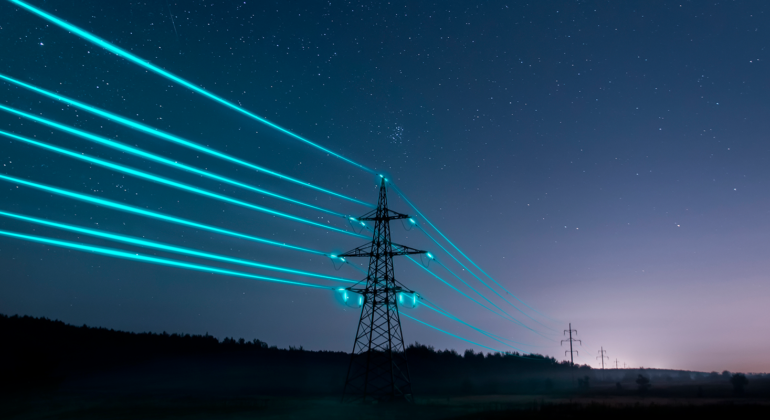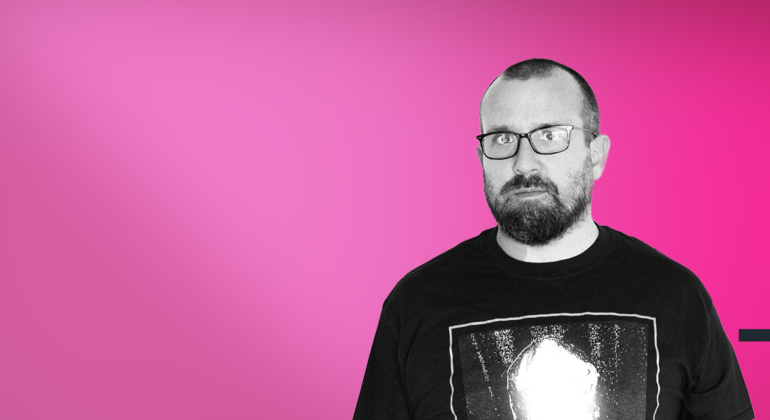Event sponsorship is a marketing strategy that, if executed properly, can connect you with your target audiences and yield exceptional brand awareness. Sure, there’s a lot more to it than slapping a banner on a wall, raising a flag, and calling it a day. To begin, you must start at the end: Define your objectives, and outline how event sponsorship will help you achieve those goals.
Four years ago, Yingli Green Energy broke the mold by becoming the first Chinese company and the first renewable energy company to become a global sponsor of the FIFA World Cup in South Africa. With one tournament under its belt and another currently taking place in Brazil, we asked Judy Tzeng Lee, Yingli’s VP of Global Marketing, the goals behind their sponsorship and what it has empowered them to achieve so far.
How did the opportunity to sponsor the World Cup arise?
We first partnered with FIFA in 2010 because we were searching for an opportunity that would help us elevate the Yingli Solar brand and firmly establish Yingli as a world-class company. As a signature event, the FIFA World Cup has proved to be a catalyst for brands to firmly establish themselves at the center of the global stage. As an established, NYSE-listed company, we were well-positioned to form a partnership that would not only help us promote the Yingli Solar brand, but that would also help us to bring sustainability, one of Yingli’s core values, into the mainstream.
In 2010, the time was right for us to partner with FIFA: We were searching for the right platform to elevate our brand and our mission to a global stage, and FIFA was also searching for a partner in its newly established “Renewable Energy” category. Our high-quality product, proven track record, and reputation as an emerging leader in the PV industry made us an attractive partner to FIFA as well.
What are the key marketing objectives behind your sponsorship of the World Cup?
Our key objectives are to increase our brand awareness and exposure, drive demand for Yingli Solar projects and, most importantly, bring solar energy into the mainstream—we want to help consumers understand that solar energy is more affordable, accessible and widely available than ever before. We do this by letting people interact with solar power on-site in Brazil, and by bringing solar energy awareness and education to our digital campaigns.
As in 2010, we also want to raise the profile of sustainability issues through our sponsorship, and that is why Yingli has become the very first carbon-neutral sponsor in FIFA World Cup history to ever offset all of its activities and activations in the host country.
From a branding perspective, our long-term goal is to become a household name. There are few Chinese brands that have been successful in this endeavor, but we truly believe that as solar PV installations become a common home improvement, solar equipment brands like ours will increase in importance. Consumers are already beginning to recognize the wide range in product quality that exists in our industry—and as they become more educated, brand names will matter. In our view, the solar energy industry is beginning to shift from a decidedly B2B market toward a consumer market, so now is the time to adopt consumer-marketing tactics that will establish Yingli as a leading global brand and world-class company.
What specific objectives did you have in 2010? What did you learn from your sponsorship in South Africa?
In 2010, our primary goals were to raise Yingli’s profile and to bring our Chinese heritage and the concept of sustainability to the global stage. One of our key learnings in South Africa was that the World Cup was a tremendous opportunity for us to promote solar energy as a practical and affordable technology to consumers, and not only an opportunity to promote the Yingli Solar brand.
How do your objectives in 2014 compare?
For us, the biggest change in 2014 was our decision to focus heavily on solar energy awareness and education for consumers, in addition to promoting the Yingli Solar brand and our Chinese heritage. We want soccer fans across the world to understand that solar can be very close to them. Unlike 2010, we now are proactively engaged in B2C lead generation, and we are able to share these sales leads with our partners across the world.
What are the differences in the market dynamic four years on?
Today, emerging markets are much more important to our long-term growth strategy than they were in 2010. In part because of our FIFA World Cup sponsorship, we are well positioned to take first-mover advantage in emerging solar markets, where name recognition and brand can be even more important than they are in regions with mature solar energy markets. If the significant increase in sales inquiries we’ve experienced thus far during the FIFA World Cup is any indication, emerging solar energy markets worldwide stand to benefit, as they’re eager for world-class companies like Yingli to provide affordable, accessible solar solutions but have limited exposure to leading companies like ours.
What kinds of activations are you doing locally, and how are you tying these back regionally?
Our activations are regionalized to meet our specific objectives in each solar market that Yingli operates in, and all of our activities worldwide fall under the umbrella of our “All Under One Sun” campaign. On-site in Brazil, our “All Under One Sun” campaign includes:
- Yingli Solar charging stations in FIFA World Cup stadiums
- Co-branded FIFA information towers in all FIFA World Cup stadiums, which are powered by off-grid solar lighting kits
- Customer hospitality program for the finals and semifinal matches, which includes a day of service dedicated to dune preservation on the Rio de Janeiro coastline
- Co-marketing with Budweiser in all stadium beer gardens to bring the message of solar power to fans
- All carbon emissions arising from sponsorship-related activities in Brazil will be offset by our solar energy projects installed in FIFA World Cup stadiums and through investments in carbon emission reductions certificates generated by a local Brazilian project
Global and regional campaigns include: Ticket giveaways and sweepstakes that vary by solar market
- Fuleco campaign in major public areas all over China with the official Fuleco manufacturer
- Co-marketing campaigns using tickets with various partners, including other World Cup sponsors and other football clubs
- Public viewings of matches in key global solar markets
- Activations in public plazas and shopping centers in partnership with Yingli Solar installers that are focused on consumer education and lead generation
- Social media campaigns and digital advertising that promotes our World Cup sponsorship and directs fans to consumer-friendly content about how solar energy works
As a sustainability company, we are consciously focused on activating our sponsorship through events and activities that have a small carbon footprint, to the greatest degree we can.
How will you measure the success of your sponsorship? What time frame have you assigned to this?
We will evaluate the success of our sponsorship using standard industry benchmarks, from our website traffic and media exposure to our financial performance during the World Cup. We are actively tracking results throughout the tournament.


